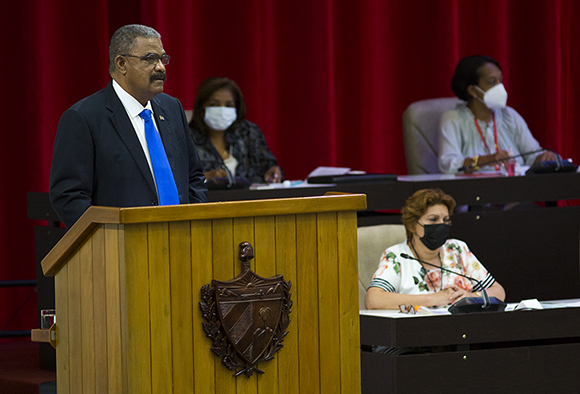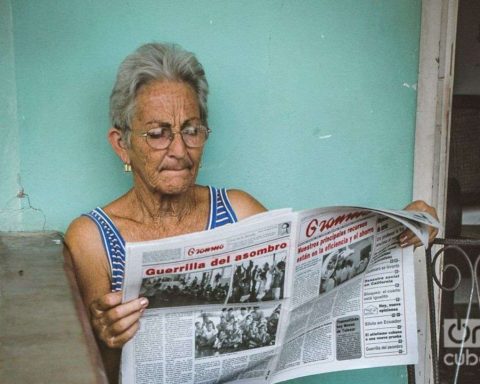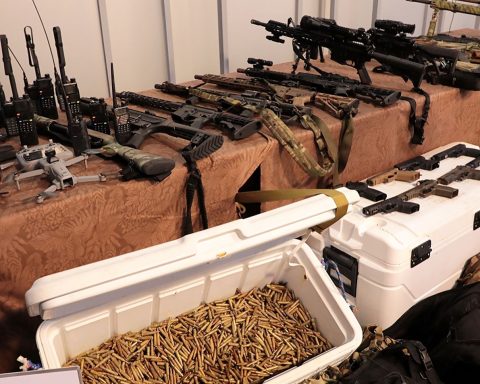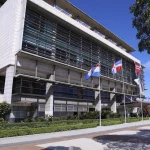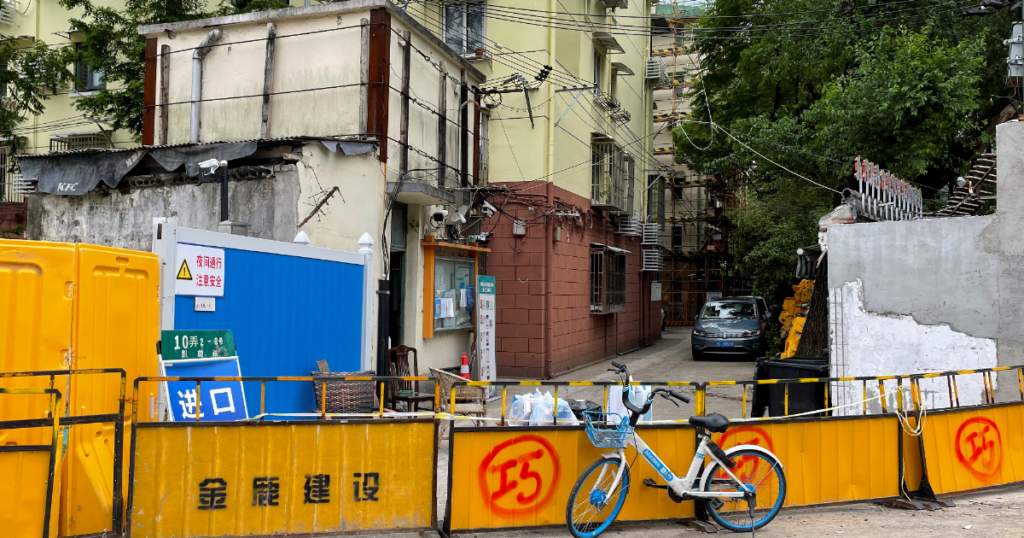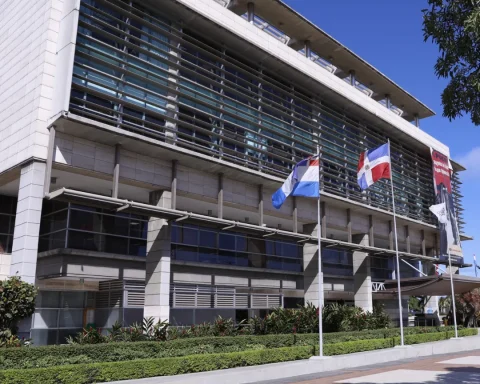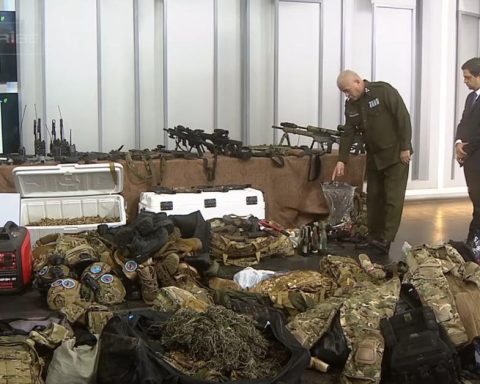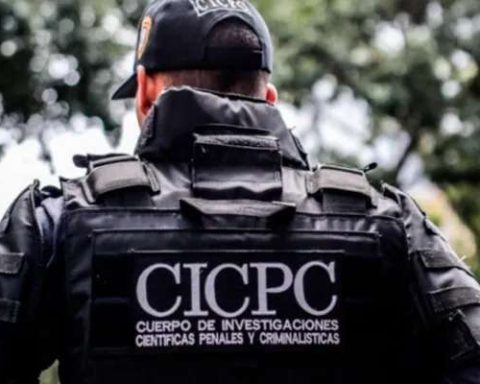MIAMI, United States.- The National Assembly of People’s Power of Cuba approved this Sunday the new Penal Code Law, “which responds to the current and prospective political and socioeconomic conditions of the country,” according to a note from the state Cubadebate.
According to the official review, Rubén Remigio Ferro, president of the People’s Supreme Court (TSP), assured that, “for the elaboration of this code, which replaces the current law enacted in 1987, magistrates, judges, prosecutors, specialists , members of the Ministry of the Interior, law professors and deputies from different territories”.
Version 26 of the project, which was presented to the Assembly and approved by the deputies, was the result, in the words of Remigio Ferro, “of extensive consultation of the text.” 1,140 criteria and 1,114 modification proposals were received, of which 706 were admitted, explained the official.
The new Cuban Penal Code includes a controversial article, 143, which directly targets Cuban civil society and is a “clear message that Law 88 has been included as part of that legal body,” recently assured CubaNet the lawyer Laritza Diversent, director of the Cubalex Legal Information Center.
What is Article 143
Article 143 is the criminal figure with which the Department of State Security (DSI) hopes to repress, even more, activists, independent journalists and other protesting voices within the island, who could face up to 10 years in prison if they receive “material or financial resources for the purpose of paying for activities against the State and its constitutional order.”
According to this regulation: “who, by himself or on behalf of non-governmental organizations, international institutions, associative forms or any natural or legal person of the country or of a foreign State, supports, encourages, finances, provides, receives or has in his possession funds, material or financial resources, with the purpose of defraying activities against the State and its constitutional order, incurs a sanction of deprivation of liberty from four to ten years.”
This provision, according to Diversent, will affect “independent journalists and all civil society groups or organizations that receive funding from abroad. If the Cuban government considers that this financing is for activities that go against it, it does not matter if the organization is based in the United States, Sweden or Norway.”
According to the Cuban regime, the text of the Penal Code, which will be reviewed by a style commission and will enter into force 90 days after its publication in the Official Gazette of the Republic of Cuba, has several novel aspects.
Next, we list them according to the Cubadebate review
- The most serious violations related to the abusive use of constitutional rights, active participation in subversive activities and attacks on information and communication technologies are penalized.
- The rigor of the sanctions is reinforced in acts related to economic or administrative corruption, with scope to the new economic actors.
- New accessory sanctions, aggravating circumstances and adaptation rules are incorporated to face discrimination in all its manifestations, gender and family violence, acts against minors or persons in situations of disability.
- The main sanctions for the most serious criminal acts are life imprisonment or temporary imprisonment for up to 30 years.
- The possibility of applying the death penalty in 23 extremely serious criminal offenses is maintained on an exceptional basis and is abolished in four offences.
- The rule incorporates new main sanctions aimed at giving a more restricted use to the deprivation of liberty and the incorporation of legal persons as criminally responsible, among other aspects.
- Home confinement and community benefit services are introduced as new sanctions.
- The requirement of criminal responsibility is maintained from the age of 16, with multiple provisions for differentiated treatment for those between 16 and 18 years of age. This complies with the Convention on the Rights of the Child.
- Pre-criminal security measures are abolished.
- New sources of financing are incorporated into the Compensation Fund for greater effectiveness and promptness in the repair of damages and compensation for damages to victims.
- The criminal framework of the crime of speculation and hoarding was increased and the responsibility of public officials or employees was established.
- The sanction of the crime of illegal slaughter of large livestock (that is, the person who executes this act without being the legal owner of the animal) was more seriously defined.
Receive information from CubaNet on your cell phone through WhatsApp. Send us a message with the word “CUBA” on the phone +1 (786) 316-2072, You can also subscribe to our electronic newsletter by giving click here.
